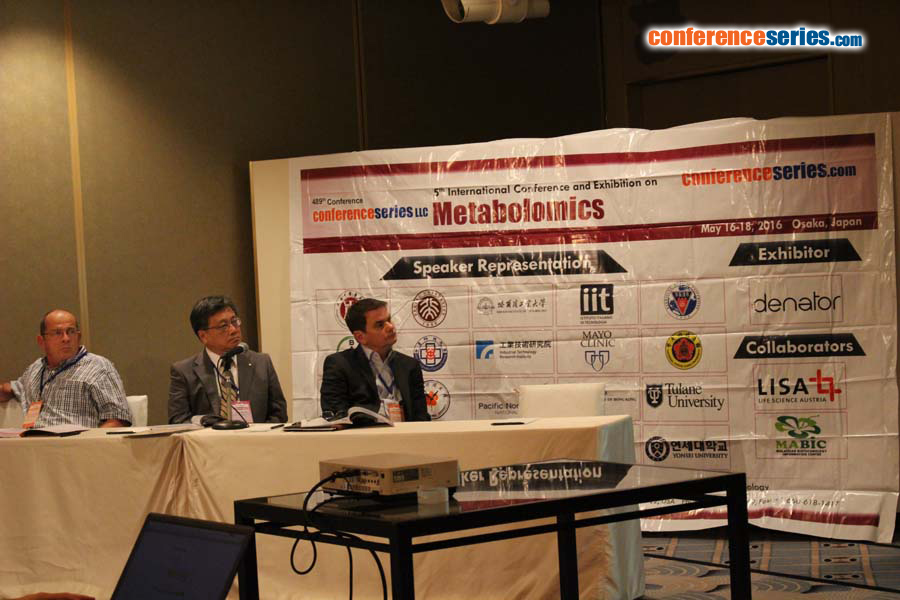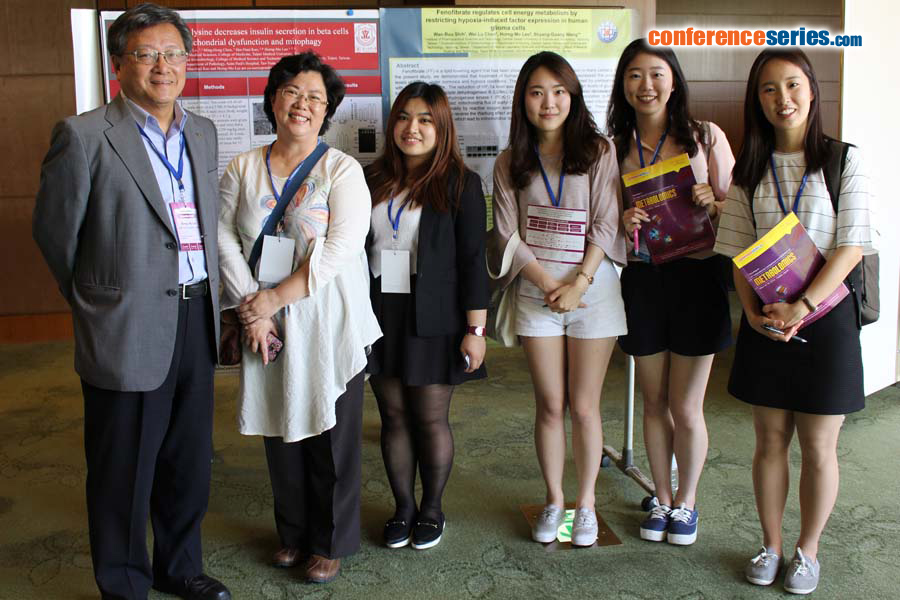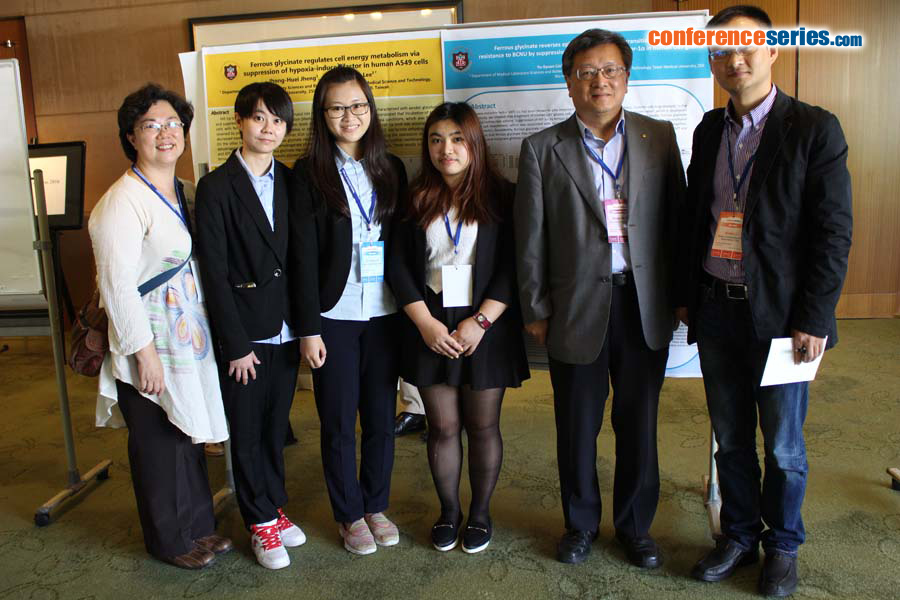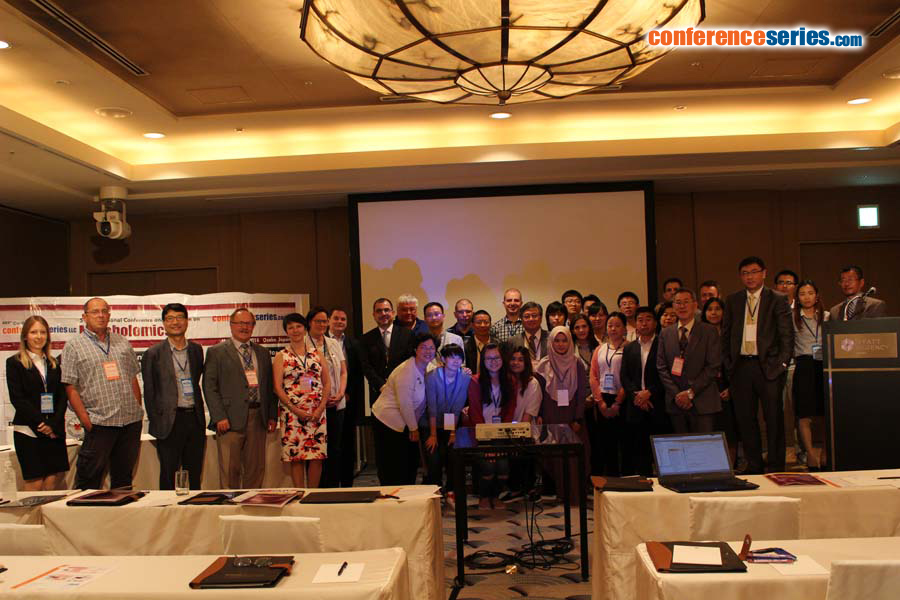
Horng-Mo Lee
Taipei Medical University, Taiwan
Title: Ferrous glycinate reverses Warburg effect and regulates cell energy metabolism via suppression of hypoxia-induced factor in human lung adenocarcinoma A549 cells
Biography
Biography: Horng-Mo Lee
Abstract
Cancer cells are characterized with aerobic glycolysis and suppressing of mitochondrial energy metabolism (Warburg effect). In the present study, we demonstrated that treatment with ferrous glycinate reversed aerobic glycolysis, reactivated mitochondrial energy metabolism in lung adenocarcinoma A549 cells. Incubation of A549 cells with ferrous glycinate for 24h decreased expression levels of glucose transporter, Glut-1, and glycolytic enzymes including hexokinase-2, and lactate dehydrogenase A. On the other hand, treatment with ferrous glycinate reactivated oxidative phosphorylation by suppressing the expression of pyruvate dehydrogenase kinase-1 and thereby pyruvate dehydrogenase phosphorylation which subsequently increased mitochondrial membrane potential and ATP production. Treatment of A549 cells with ferrous glycinate decreased the protein levels of HIF-1 alfaunder nomoxia and hypoxia conditions. The reduction of HIF-1 alfa was reversed by pretreatment with proteosome inhibitor, or prolyl hydroxylase inhibitor. Given HIF-1 alfaplays a pivotal role in regulating cancer cell metabolism, these data suggest that ferrous glycinate may regulate energy metabolism, glycolysis in lung adenocarcinoma cells via suppression of HIF-1 alfa





